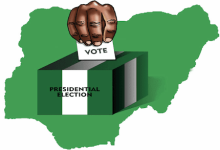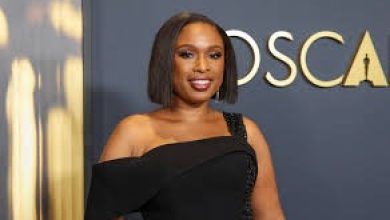
|
Getting your Trinity Audio player ready...
|
In recent discussions about gender identity, the definition of “woman” has changed to include anyone who identifies as one. While this change may come from a desire for inclusivity, it raises important concerns, especially regarding women’s rights and the realities of gender-based oppression.
At its core, redefining “woman” as simply someone who identifies as one can be seen as a form of misogyny. It simplifies the complex identity of being a woman and reduces it to just a label. This shift overlooks the historical and social challenges that women face and ignores the specific traits that define womanhood. For example, if we were to define an ambiguous object as “an object that identifies as one,” we would still need to explain what makes it ambiguous. Similarly, a clear definition of “woman” must include the biological aspect that makes it a sex class.
From a grammatical standpoint, redefining a term requires a clear understanding of its existing meaning. Without this clarity, the new definition can become confusing and misleading. By saying that anyone who identifies as a woman is a woman, we risk overlooking the unique struggles that women face, including inequality and violence. This view can unintentionally support a patriarchal idea that suggests being a woman is just a choice, similar to harmful beliefs about corrective rape held by some homophobic individuals. If simply identifying as a woman is all that is needed, it implies that issues like patriarchy and misogyny can be avoided just by changing one’s identity, which is far from the truth.
Moreover, this redefinition can minimise the real experiences of women who have fought for their rights. Women’s movements have long highlighted the injustices faced by human females at birth, and the current conversation risks pushing these important issues aside. The complexities of gender identity should be recognised, but they should not erase the genuine challenges that women encounter every day.
At Naija Feminists Media (NFM), we are dedicated to breaking down misconceptions about feminism and raising awareness about the abuse of women’s rights. We believe it’s essential to have open discussions about how redefining “woman” can be harmful, ensuring that the voices and experiences of all women remain central in our advocacy. Together, we can create a more fair and equitable society for everyone.






